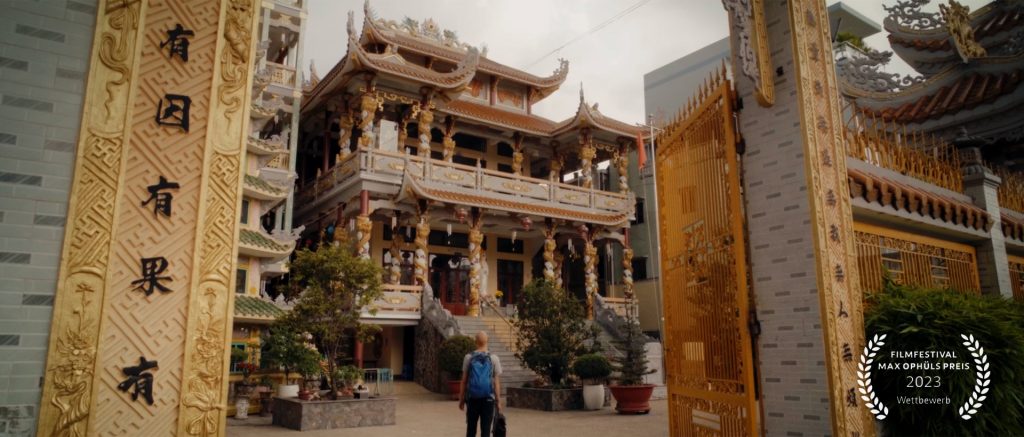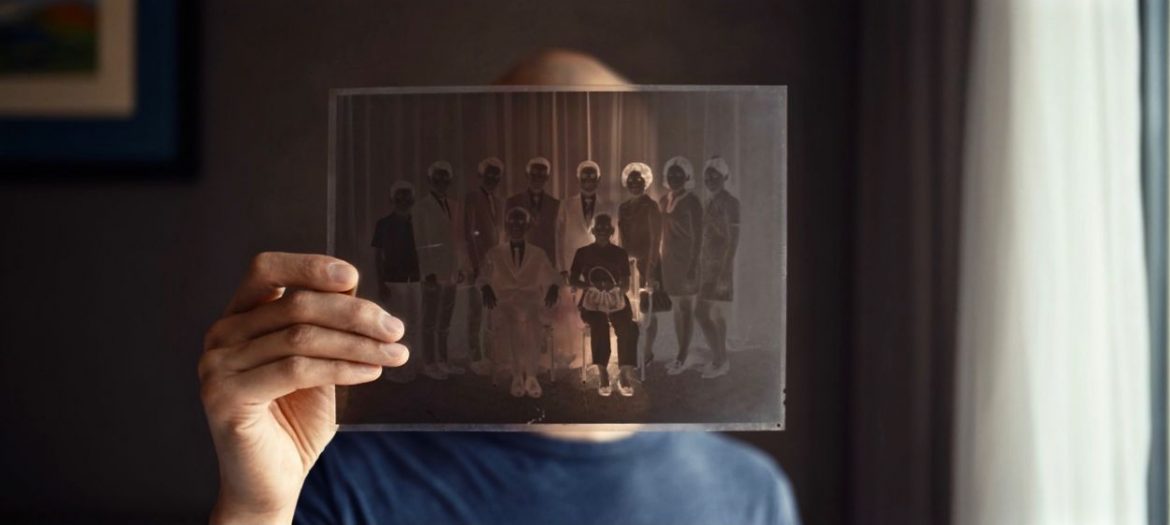‘Hao Are You’ is a moving documentary on the history of the Vietnam war and how it coincides with the traumas a family has experienced even post-war. Dispatches from our coverage of this year’s KinoFest 2023.
What does it mean to be a stranger in your own family? This is perhaps the usual predicament that immigrants face. What more if the reason for leaving your country involves one of the most horrific and documented wars of the world, and find out that that is only the tip of the iceberg…?
In Hao Are You, documentarian Dieu Hao Do takes us on a journey of self-discovery through the eyes and words of his mother’s family.
Hao is a German filmmaker of Vietnamese descent. He doesn’t have blue eyes and blonde hair, but he speaks Deutch fluently that it almost makes you wonder if it was just dubbed into his own voice whenever he appears in this documentary. Fifty years after his family left Vietnam, he tries to uncover the mystery of his family’s secrets. Why hasn’t he been able to speak to his uncles and aunts for more than two to three decades? Why are they scattered across different continents? If there is to blame, is it Communism or his mother? The many complex layers this film has tackled makes it a political and personal problem that many can resonate with.

It would be silly to forget about the Vietnam War. Its origins and failure seem to echo to this day with many traumatized civilians and war veterans, but perhaps the most harrowing of it all is the many displaced South Vietnamese who once had lived in this small country, bearing a lavish lifestyle, meek and diligent. Gold was prevalent in each Vietnamese household before the war with most families owning businesses and was part of the global trade. “One of my youngest memories is of my mother and my aunts and uncles counting gold.”, quips Hao. Once the Communists took over Saigon, most of their luxuries were confiscated and those who attempted to escape were imprisoned, including his mother and her siblings. When asked why they wanted to leave, one of his aunts called Little Aunt answered, “because this country no longer makes me happy.” Gold was even the mode of payment his family had used to escape by boat and into different refugee ships across the globe. One of those were ships that led his mother and his father to Germany, while one of his aunts and his uncles took those that led them to Hongkong and the US.
In Hao’s personal journey, we witness his struggle to reconcile his German upbringing with his Vietnamese heritage, a quest for an elusive vision of a perfect family like those from Modern Family where everyone seems to be accepting and forgiving of each other. His dedication to complete this film to hopefully reunite all seven of his mother’s siblings serves as a powerful testament to the enduring scars of war which can persist through generations, affecting families in profound and unexpected ways. Then again, war is just a part of the conflict.
At times, Hao Are You is difficult to watch for the persistent conflicts between siblings, due in fact to the strong Chinese cultural influences on first-generation Vietnamese families. The film unveils a tapestry of ideals that shape the upbringing of Hao’s mother’s family, favoring first-born children and the impact of physical attractiveness over solidarity in their family. These revelations serve as a profound reminder that the echoes of heritage continue to reverberate through generations shaping family dynamics in ways both subtle and profound.
Despite this, Hao closes the film on a positive note in which he hopes that if not now, maybe someday all siblings will reunite. Hao Are You is a compelling and thought-provoking work that not only broadens our understanding of the immigrant experience but challenges us to reflect on the intricate web of traditions, expectations, and love that binds all families together.
‘Hao Are You’ is now showing at this year’s Kinofest 2023. Watch it at Gateway Cineplex 10. For more info visit the Goethe Institut here.



